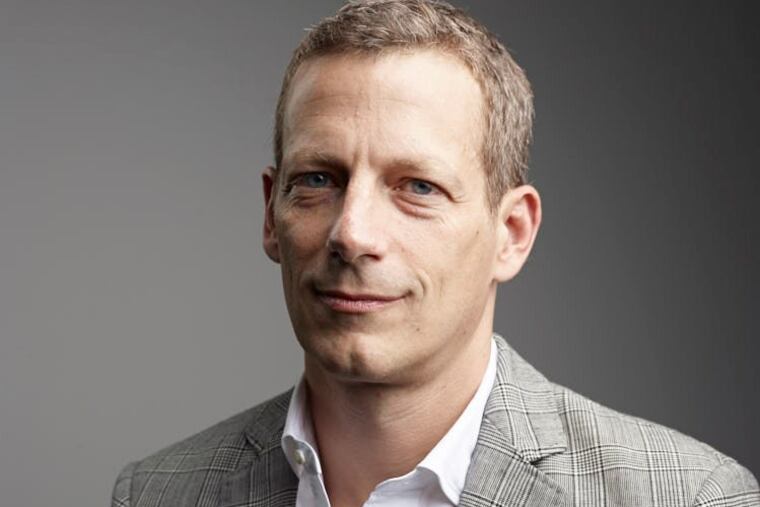Philly-based Piano turns LinkedIn executives into fans
Trevor Kaufman’s Center City-based Piano employs 600 helping print and video companies rank customer data and use it to sell more stuff.

LinkedIn, the online resume’ and job-finding service, chose Philadelphia-based Piano to personalize users’ views of the fast-growing “news and views” that its members publish.
The Microsoft-owned social media giant liked the results so well that it helped fund the latest $88 million capital investment in the customer software and analytics subscription service, and expand Piano’s staff of 600, the firms said Tuesday.
User familiarity made it “natural” to buy a piece of Piano, said Scott Roberts, vice president at LinkedIn, which joined Washington, D.C.-based Updata Partners and Philly’s Rittenhouse Ventures to raise the cash. Updata and Rittenhouse had led a previous $22 million Piano investment two years ago.
Competing with Google’s consumer group and enterprise-software maker Adobe, Piano helps media companies like Comcast’s NBC, the Wall Street Journal, Gannett, and the South China Morning Post sort the user data pouring across the Internet. Piano has also partnered with local media firms and currently is among the companies servicing the Philadelphia Inquirer’s web site.
The goal for many clients is to pinpoint content, pricing, ads and other services customers are most likely to react to and pay for, and devise new-product and sales strategies to attract more.
The company has acquired a string of similar start-ups in Europe, where most of its staff is based. Piano employs 45 at its headquarters in the Bourse building on Independence Mall, and 30 at offices in Los Angeles and New York.
Founder Trevor Kaufman ran his previous company, ad agency Schematic, in Los Angeles before selling to WPP in 2007, and built Piano around a New York predecessor, Tinypass.
Seeking European clients (The French newspaper Le Parisien and The Economist also use Piano), he sought an East Coast base, and considered Miami, Raleigh and Washington, D. C. before settling on the 100-mile move to Independence Mall.
Why here? Kaufman laughed: “Everyone says, ‘Oh, you have a tech company in Philly, you must be from here? Or is your wife?’ It’s like in Philly, the main industry must be raising kids, right?
“But really, New York City was not a place our executives could afford to live. And the tech talent market is incredibly tight in New York. Philadelphia was the obvious choice: more colleges than Boston. So many millennials, more than anywhere, right? The suburbs are close. There’s a low cost of living. A real airport. And you’re near enough to New York. So we picked Philly on merit.”
There need to be more Pianos here, Kaufman added: “Philadelphia will only become a great tech town when there are more alternatives to working at Comcast.”
For Piano, the design firm MSR set up a fancy Bourse workspace, now reopening after COVID. “We spent $2 million to create a software workshop there for people who really care about software interface and design,” Kaufman said. “It’s a bunch of collaboration spaces. Quiet spaces, a library room. Open spaces. Videoconferencing.”
Piano’s “recent growth has been outstanding, and we continue to be impressed” by the range of products and customers, said Updata general partner Jon Seeber, who has joined the Piano board, in a statement. Kaufman declined to detail sales figures.
With software developers on both coasts, the Philadelphia office is home to top management and product developers.
“The main thing we are focusing on here is building out the product team, deciding what to build and how,” he added. Piano is ready to play: “We don’t have to beat Google and Adobe. We just have to carve out some big pieces.”